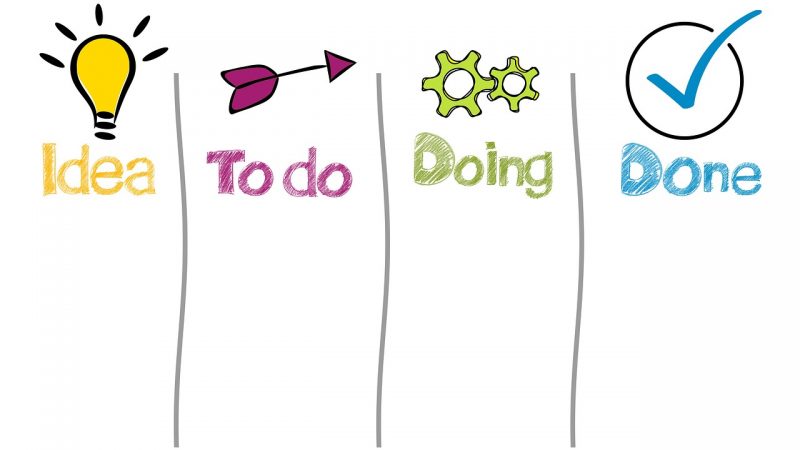Traditional academic assessments like tests and essays often fail students of color by lacking cultural relevance and flexibility in demonstrating skills. The C.A.P. model offers an anti-racist approach to assessment centered on creativity, academic rigor, and practical application.
Problems with Standard Assessments
– Focus on rote memorization over meaningful understanding
– Test topic familiarity reflecting white experiences
– Standardized formats disadvantaging diverse learners
– English-only assessments not considering ESL students
– Lack accommodations for disabilities/learning differences
– High-pressure limiting student potential
– Lead to ranking rather than growth mindsets
Principles of C.A.P. Assessment
The C.A.P. model provides an equitable alternative aligned to critical pedagogy:
Creative: Assessments encourage individual creative expression in diverse modalities like art, music, physical models, videos, fiction, and more. This values diverse thinking and skills.
Academic: Assessments still require demonstration of subject mastery, critical thinking, analysis, and effort. Standards remain high quality.
Practical: Assessments have an authentic real-world purpose, like making informational resources, public presentations, devices, community improvements, platforms for expression, and so on.
C.A.P. Assessment Strategies
Here are examples of C.A.P. assessments spanning grade levels and subjects:
– Create children’s books explaining science concepts. Combine art, writing, and knowledge.
– Produce a documentary on historical events from perspectives missing from textbooks.
– Design public health resources for non-English speaking communities on important topics like nutrition.
– Make informational videos in indigenous languages about community issues and stories.
– Engineer a prototype solution to an everyday problem people face locally.
– Create an art exhibit with pieces expressing themes from literature.
– Code an interactive storytelling game that imparts academic lessons metaphorically.
– Compose a song/poem conveying themes about identity, justice and students’ own lives.
– Craft multimedia biographies of inspirational figures from underrepresented groups.
– Formulate business proposals for opportunities to equitably uplift communities.
The creative, real-world freedom empowers students to showcase skills meaningfully while fostering engagement. Students lead their learning journeys with teacher guidance on reaching standards.
Benefits of C.A.P. Assessments
– Promotes deeper, self-directed learning
– Values diverse skills and cultural knowledge
– Boosts creativity, problem-solving and communication
– Develops growth mindsets
– Connects academic concepts to practical real-world contexts
– Provides flexible means of demonstrating mastery catered to individuals
– Empowers student voice and identity
– Prepares students to create meaningful change
The C.A.P. model provides an equitable assessment framework focused on students’ highest potentials, not just standard metrics. It overcomes biases and empowers diverse success.










